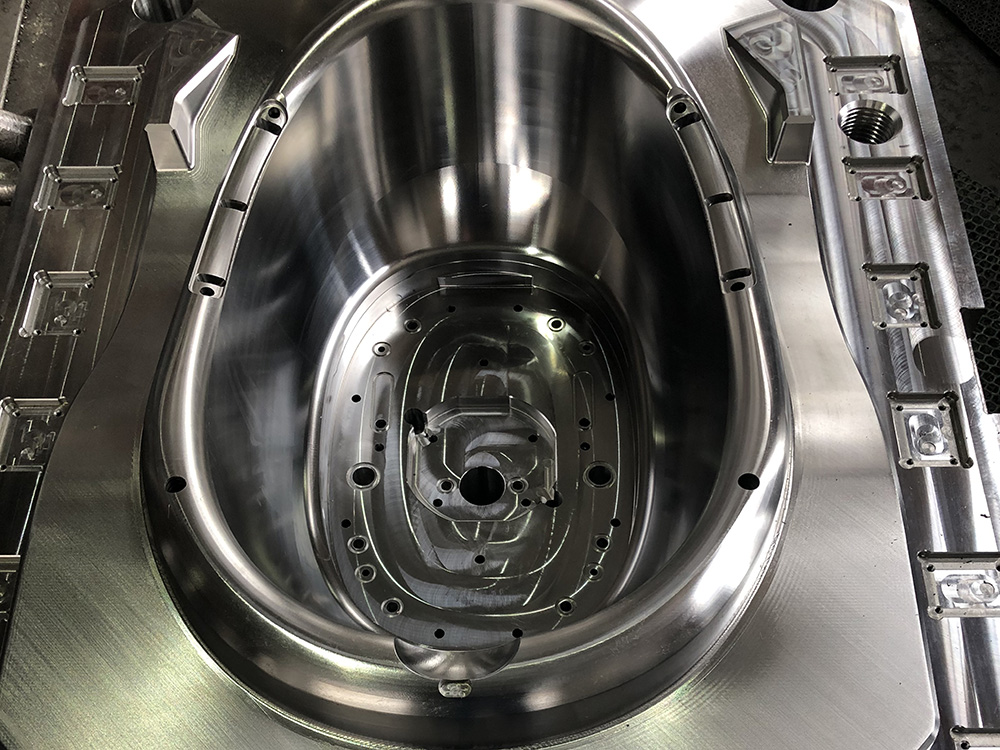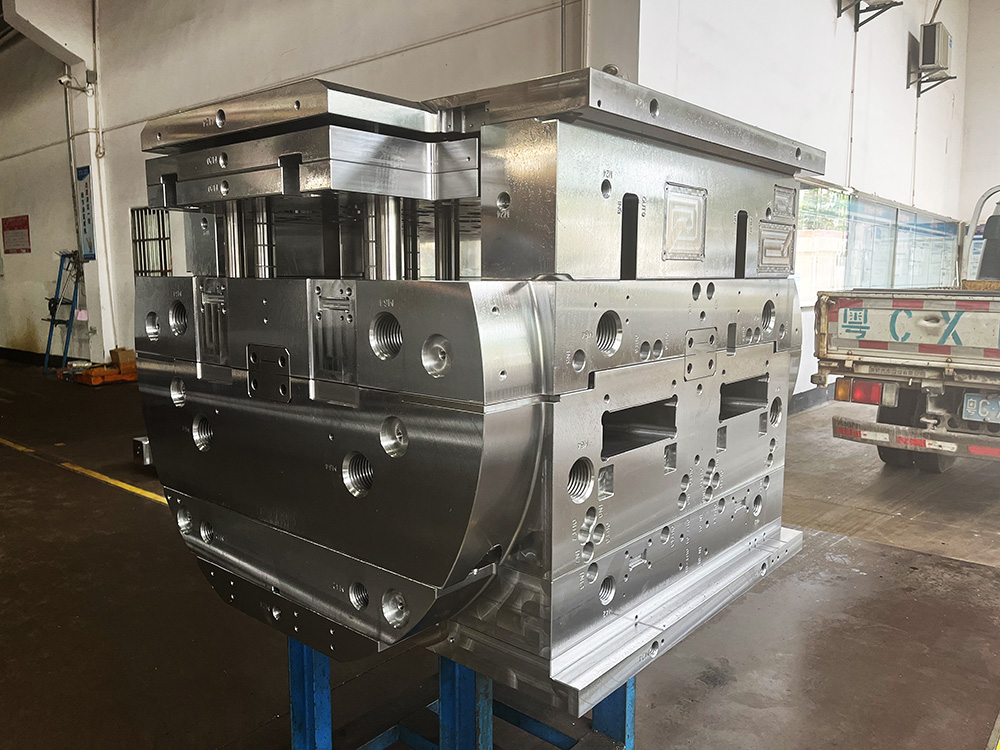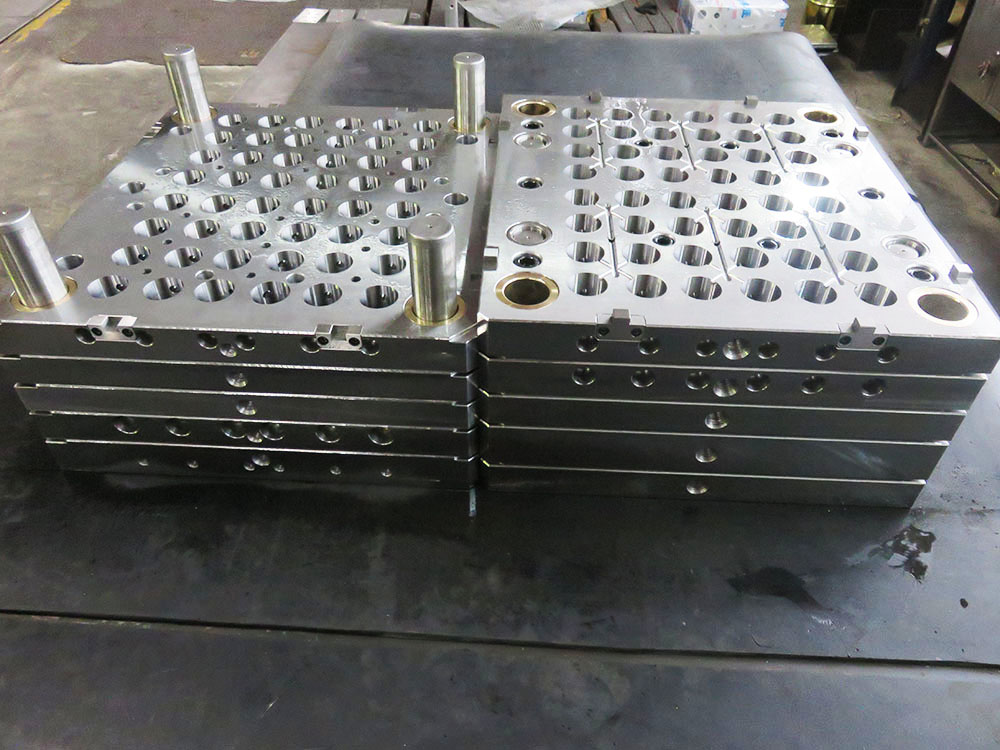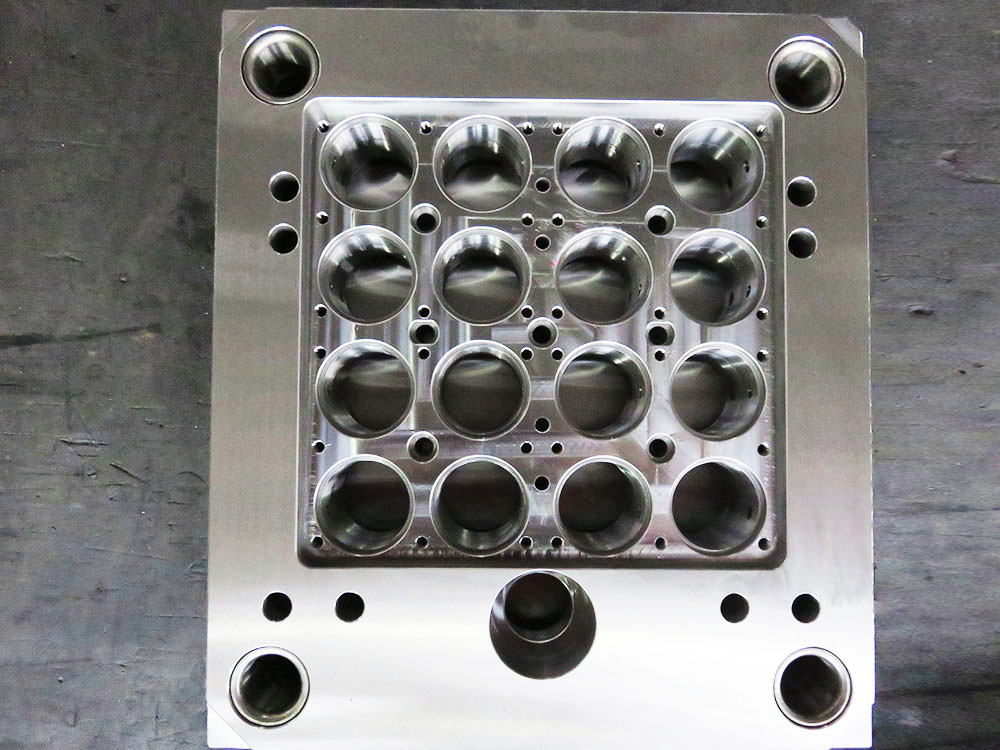Types of Molds Requiring Mold Frame Materials
In the mold base industry, different types of molds require specific mold frame materials depending on the requirements of the application. The choice of mold frame material directly impacts the overall performance and durability of the mold. Let's explore some of the key types of molds along with their corresponding mold frame materials.
Injection Molds
Injection molds are widely used in the manufacturing industry for mass producing plastic parts. These molds are usually subjected to high pressure and temperature conditions. To withstand these mechanical and thermal stresses, mold base materials with excellent dimensional stability and heat resistance are necessary. Commonly used mold frame materials for injection molds include hardened steel, aluminum alloys, and P-20 tool steel.
Blow Molds
Blow molds are primarily used for producing hollow plastic products such as bottles and containers. These molds need to have exceptional strength and stability to withstand the internal pressure during the blow molding process. Mold frame materials with excellent hardness and wear resistance are preferred for blow molds. Some of the commonly used materials include 420 stainless steel, aluminum, and beryllium copper.
Compression Molds
Compression molds are used for manufacturing products by compressing the raw material between two heated mold halves. These molds require materials that can withstand high compression forces and prolonged exposure to elevated temperatures. Mold frame materials with high strength and thermal stability are typically chosen for compression molds. Examples of suitable materials include pre-hardened steel, H-13 tool steel, and nickel alloys.
Transfer Molds
Transfer molds are commonly used for molding rubber and silicone products. These molds involve transferring the material from one chamber to another for shaping and curing. Mold frame materials for transfer molds must have excellent resistance to abrasion and chemical attack. Typically, mold bases made from stainless steel, nickel alloys, or specially formulated engineering plastics like polyamide are preferred for transfer molds.
Rotational Molds
Rotational molds, also known as rotomolds, are widely used for manufacturing large plastic products such as tanks, containers, and playground equipment. These molds are subjected to constant rotational movement during the manufacturing process. To withstand the mechanical stresses and prevent dimensional distortion, mold frame materials with high strength and impact resistance are necessary. Common options for rotational molds include cast aluminum, stainless steel, and nickel-plated steel.
Conclusion
The mold frame materials used in the mold base industry vary based on the specific requirements of different types of molds. The choice of mold frame material greatly affects the performance, durability, and overall quality of the molds. It is essential for mold designers and manufacturers to select the right material to ensure successful mold production and efficient manufacturing processes.




